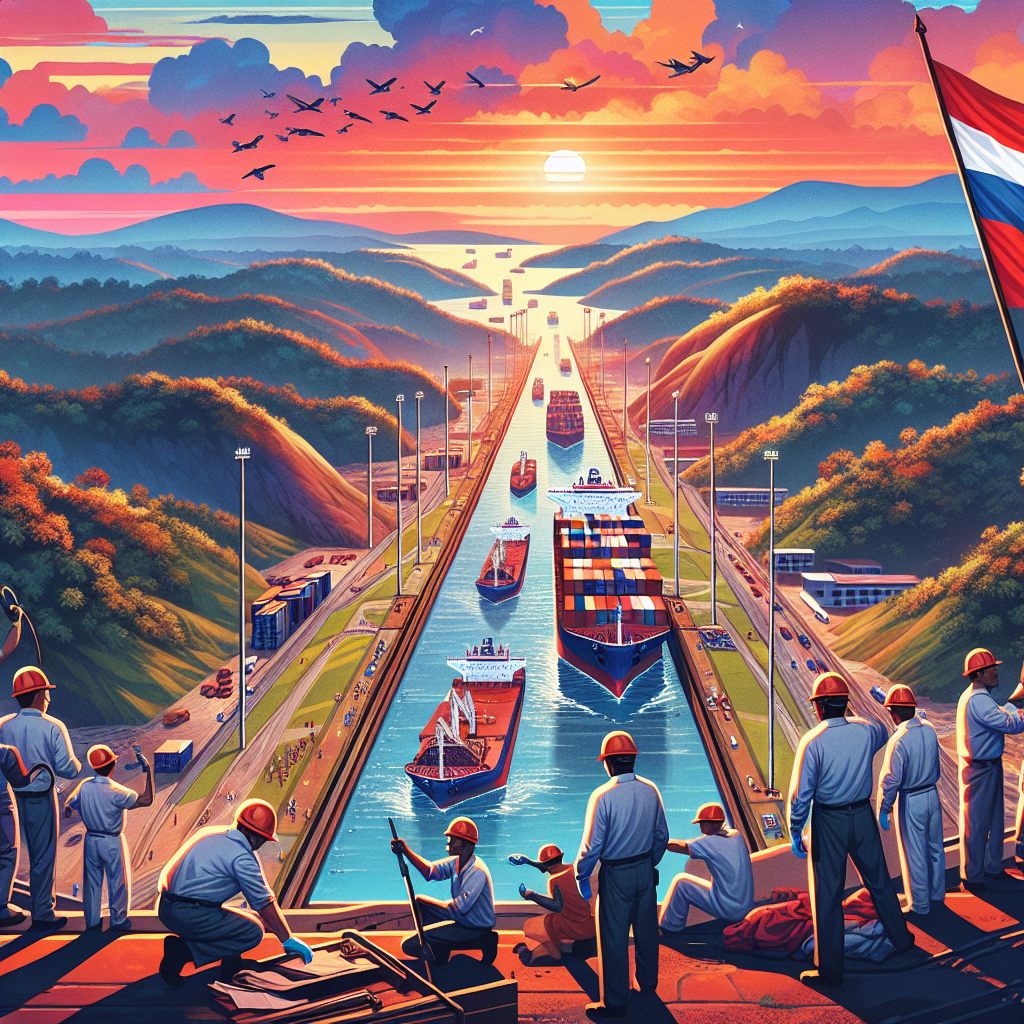Panama Canal Sovereignty: A Historic Power Struggle
Latin American leaders defended Panama after President-elect Donald Trump threatened to take control of the Panama Canal. The canal, a vital shipping route, has a complex history involving early construction attempts by the French and subsequent U.S. involvement. Current concerns stem from Trump's claims of high fees and Chinese influence.

Latin American leaders united in defense of Panama on Monday, responding to U.S. President-elect Donald Trump's threat to reinstate American control over the Panama Canal, a pivotal global shipping route. Trump's remarks have rekindled sovereignty concerns over this crucial waterway that was ceremonially handed over to Panama in 1999.
The Panama Canal is an 82-km artificial waterway, linking the Pacific and Atlantic Oceans, substantially reducing travel time for ships. Initially attempted by the French in the 1800s, the project saw American intervention after Panama gained independence, leading to the canal's completion in 1914. Despite historical tensions, the canal now stands as a significant revenue source for Panama.
Amid Trump's assertions of high usage fees and the risk of foreign influence, particularly from China, Panamanian President Jose Raul Mulino dismissed these claims. Mulino affirmed transparent fee evaluations that facilitate canal maintenance and expansion, asserting the canal remains independent from major powers, including China and the U.S.
(With inputs from agencies.)
ALSO READ
Dame Patsy Reddy Appointed Chair of Climate Change Commission
Greece's Fiery Battle Against Climate Change: An Epic Struggle
Cyber crimes, climate change new threats to human rights: President Droupadi Murmu at Human Rights Day event.
Climate Change's Fierce Grip on Philippine Typhoons
The Alarming Impact of Climate Change on Global Crop Yields and Food Security










